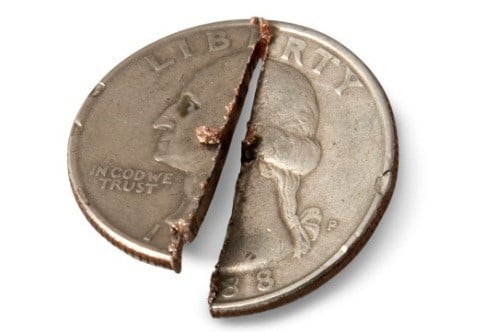1 min read
Survey Reveals Nearly Half of B2Bs in the Midmarket Use ERP for Accounts Receivable Management: Why is that a problem?
47.9% of survey respondents report using ERP for accounts receivable management; a choice that may be costing them thousands each year.Most...



